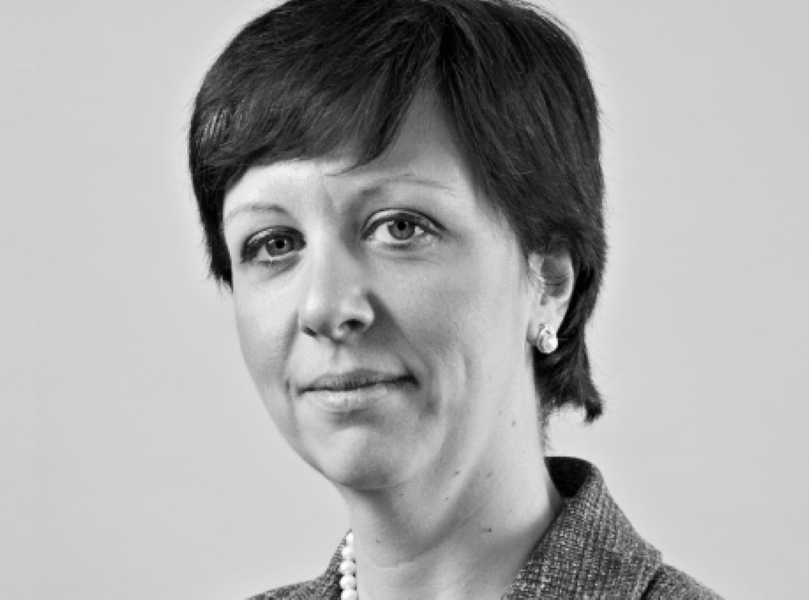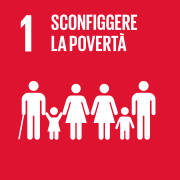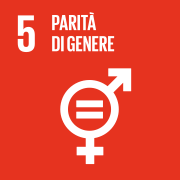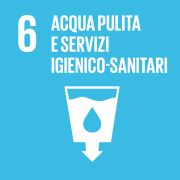
Commitment to digital sustainability also passes through infrastructures and technological solutions for connectivity that are able to support business growth, education and social cohesion in every community. It is realities such as the VSIX Centre of the University of Padua that create innovative technological ecosystems to support the sustainable and digital development of territories.
These and other topics are at the heart of our interview with Professor Eleonora Di Maria, President of the VSIX Centre – University of Padua’s Centre for Connectivity and Territorial Services and new Member of the Scientific Committee of the Foundation for Digital Sustainability. Professor of Economics and Business Management at the Department of Economics and Business Sciences “Marco Fanno” of the University of Padua, since 2022 Eleonora Di Maria has been Scientific Coordinator of the Digital Manufacturing Laboratory and of the SMACT Competence Centre’s Observatory 4.0. In addition, also since 2022 she has been Advisor for the Enhancement of Knowledge and Public Engagement of the Pro-Third Mission and Territorial Relations Department and Delegate for the Third Mission of the “Marco Fanno” Department of Economics and Business Sciences.
VSIX: at the heart of digital connectivity, innovation and sustainability
As Eleonora Di Maria explained to us, the VSIX Centre contributes to the development of a high-performance and secure connectivity infrastructure, with a positive impact on the territory, as a result of the extensive infrastructure it has developed over the years:
“VSIX as the University of Padua’s Centre for Connectivity and Services to the Territory is the Internet Exchange (IXP) of the Northeast, offering peering services and operating as a telehouse capable of facilitating the meeting and interconnection of international, national and local operators in a neutral manner. Since its inception in 2009 as the Northeast’s Neutral Access Point (NAP) within the University, it has evolved into an autonomous centre that has accompanied the digital development of the Northeast with regard to both businesses and citizens. Currently, VSIX makes its infrastructures as well as its expertise available to the territory, in order to propose and implement innovation projects in line with the new technological frontier; for example, in the area of quantum technologies or cybersecurity, and that can have an impact on the sustainability front, for example in the area of smart cities.”
An ecosystem of digital innovation and sustainability for the Northeast
The VSIX Centre collaborates with public and private institutions in the development and support of numerous projects related to connectivity and digitisation: “Among the Centre’s objectives is to promote technological innovation projects by seeking to meet the economic and social development needs of the region, as well as to enhance the knowledge developed within the University and in the ecosystem.”
And the results of these collaborations give rise to projects that have important developments in the area of digital sustainability. “Among the results achieved, we can highlight what has been achieved through our support to the Veneto Region in the convergence project, aimed at rationalising the technological infrastructures of local authorities and improving digital services for citizens and businesses. This has made it possible to increase the efficiency and rationalisation of connectivity and data management infrastructures, with advantages not only in terms of management and service, but also in terms of energy and the circular economy.”
“As part of the collaboration with the Veneto Region and the Department of Economics and Business Sciences within a project financed by the University of Padua, on the other hand, we have quantified the CO2 equivalent emissions and environmental impacts of the IXP and datacenter infrastructures with a LCA study, and this project has provided useful measurements and indications for setting procurement policies and policy actions consistent with the needs of the economic, environmental, and social scenario of the area.”
Knowledge exchange to grow innovation and sustainability
In the context of the sustainability commitments undertaken by the University of Padua, the VSIX Centre saw joining the Foundation for Digital Sustainability as a strategic opportunity to actively contribute to the debate and the development of initiatives: ‘The VSIX Centre considered it important to join the Foundation for Digital Sustainability in order to bring its own contribution to the topic of digital sustainability through the research results and projects realised, as well as to benefit from the exchange of experiences and initiatives promoted by the Foundation.
Technology neutrality meets environmental sustainability
The technological neutrality of VSIX is defined as a distinctive feature. This perspective is directly linked to the theme of digital sustainability: ‘As a neutral infrastructure, VSIX is a facilitator of processes and dynamics of digital innovation and comparison between operators with different proposals and needs. In an open way, we interpret this role to be able to promote activities and initiatives that can also have positive repercussions on the environmental front, also trying to exploit the contact with the scientific and research fields that belonging to the University of Padua can guarantee‘.
VSIX and Agenda 2030: digital and sustainability for the future of the Northeast
The conscious use of digital technologies, the improvement of the quality of life and the reduction of the environmental impact of infrastructures are just some of the areas in which VSIX contributes concretely to the achievement of the SDGs, while also fostering dialogue between stakeholders for a greater dissemination of the culture of digital sustainability:
“Included within the strategic lines of VSIX are the objectives of supporting the digital transition of the Northeast, in line with emerging technological trajectories, and increasing the environmental sustainability of the digital infrastructure. Within this framework, VSIX, with its activities and processes, can contribute to the pursuit of the goals of Agenda 2030. It can do this by promoting the use of digital technologies to improve the quality of life of people in private, work or social occasions, as well as of companies and territorial contexts: for example, cities or inland areas. In addition, we invest in reducing the negative environmental impacts of our digital infrastructures and contribute to increasing knowledge and awareness on the topic by bringing our experience to the tables of different stakeholders. There are therefore many SDGs to which VSIX can actively contribute with its activities‘.
A model of innovation and sustainability: the VSIX approach
VSIXcan become a reference model, thanks to itsopen management of relations, its ability to integrate differentperspectivesand its flexible and innovative approach.It also supports innovation by being able to identify frontier knowledge proposals and by seizing insights that are also seemingly distant in terms of application fields or needs, but are integrated into a common vision. This can also be useful in the context of environmental sustainability, which requires a systemic vision and the ability to address complex issues‘.
















